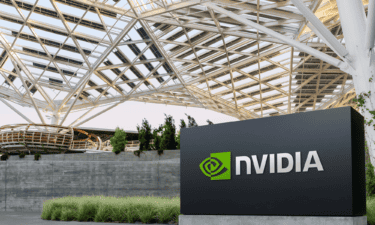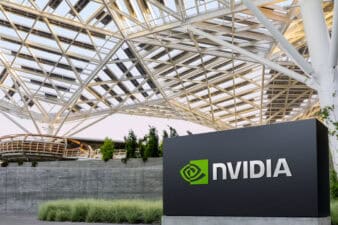The minds of most people jump to Google and Tesla when we think about autonomous driverless vehicles, but the reality is that the concept, as well as the prototypes for driverless vehicles, goes way farther back. The first self-driving car was introduced by General Motors in a 1939 exhibit, and the concept was turned into a reality by 1958.
It was a rudimentary machine that required special metal spikes embedded in the roadway. It was revolutionary but not practical. But now, thanks to Machine Learning, Artificial Intelligence, and signal processing, the dream of driverless vehicles seem much more achievable. Many prototypes have been roaming the roads for several years, gathering data for their successors.
But a driverless car is so much more than a simple automotive. It’s a complex machine fitted with cutting-edge sensors, navigation, communication, and processing. And when the dawn of driverless cars finally becomes a reality, technology companies that have helped make driverless cars a reality will probably see unprecedented growth as well.
BlackBerry and Tesla
BlackBerry (TSX:BB)(NYSE:BB) doesn’t manufacture cars as Tesla does, but it does create software that’s used by 175 million vehicles around the globe. The BlackBerry QNX software takes the performance of Electronic Control Units of modern vehicles to the next level and offers significantly more sophistication than generic ECU firmware does.
And like Tesla, which has taken several steps towards self-driving vehicles, especially with its improved autopilot, BlackBerry has entered the self-driving market as well. The BlackBerry QNX is well suited to serve as the software-backbone of an autonomous vehicle, and it’s already deployed in a prototype: Lincoln MKZ.
Unlike Tesla, which benefits directly from a sharp rise in EV sales and probably will be at the front of the line once the driverless industry starts rewarding these companies, BlackBerry might see more mature growth. If more driverless vehicle manufacturers start leveraging BlackBerry QNX and securing contracts with the company, it’s likely to see its revenues improve and stock grow.
The stock
While BlackBerry is nowhere near its former glory valuation or its recent spike, the stock is still not underpriced. The revenue has been declining for the last two quarters, but the balance sheet is still strong. BlackBerry is also entering the smartphone market with its new range of phones. It’s no longer BlackBerry’s core competency or competitive edge, but it’s an avenue that might pay off in the long run.
It means that a strong position in the autonomous vehicle market isn’t the only thing going in BlackBerry’s favour. BlackBerry might prove to be a very profitable long-term bet, but that’s highly contingent on the autonomous vehicle market’s timeline, global adaptability, and other software products available that offer the same (or better) features as BlackBerry QNX does.
Foolish takeaway
BlackBerry is currently trading at a 54% discount compared to its spiked price. Waiting for the stock to be undervalued over time might not be prudent, but it might also not be the time to invest heavily in BlackBerry. But the company should be on your radar. Any major contract or positive news in the autonomous vehicle industry might boost BlackBerry’s valuation.







